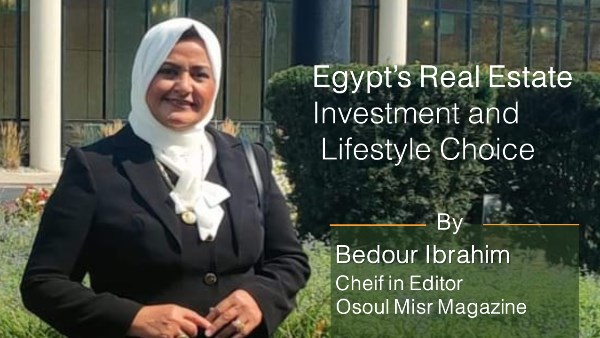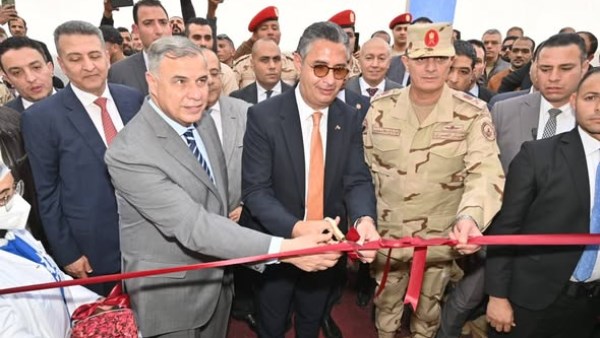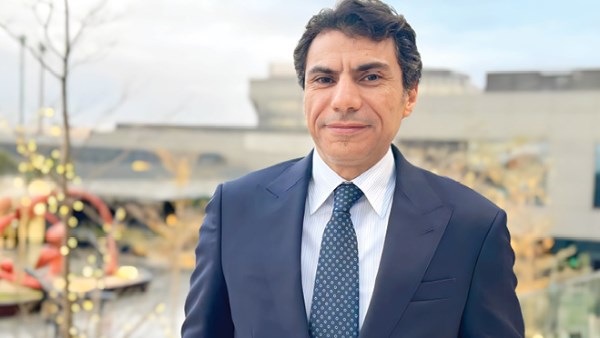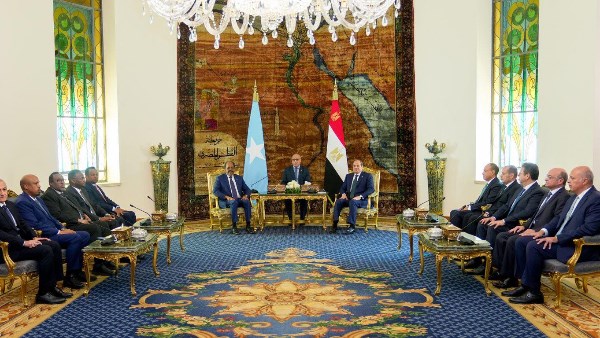Egypt’s Real Estate: Investment and Lifestyle Choice - by Bedour Ibrahim

The Egyptian market has undergone significant transformations in recent years، primarily driven by the execution of large-scale infrastructure projects، the establishment of new urban areas، and the expansion of urban development.
The Egyptian real estate market has evolved، moving beyond its traditional consumer-driven model towards an increasingly investment-oriented one

These changes، combined with a concerted effort to cultivate an attractive investment environment through the introduction of investor-friendly laws aimed at curbing bureaucratic obstacles، have set the stage for robust economic growth.
As a result، the Egyptian real estate market has evolved، moving beyond its traditional consumer-driven model towards an increasingly investment-oriented one.
Several factors have contributed to this shift، including the country’s improved security situation، its political stability، and Egypt’s abundant natural assets—ranging from favorable climate conditions to its expansive coastal areas and rich archaeological heritage.
These advantages have positioned the Egyptian real estate sector as a resilient and attractive market for both local and foreign investors، offering a reliable return on investment، even amid broader global economic turbulence.
What stands out in this evolution is that demand for real estate in Egypt، both from domestic and foreign buyers، is no longer solely driven by the need for housing or services.
Increasingly، real estate has emerged as a preferred investment vehicle، largely due to the sector’s proven ability to deliver consistent، long-term returns. Despite the challenging economic landscape locally and globally، Egypt’s real estate market has demonstrated remarkable resilience over the years.
This resilience is evidenced by the fact that real estate prices in Egypt have continued to rise، even during periods marked by significant economic upheaval.
Over the past two decades، Egypt has successfully navigated numerous crises، including the devaluation of its currency in 2003، 2016، and again in 2024.
The country also weathered the aftermath of the 2011 and 2013 revolutions، the 2008 global financial crisis، the COVID-19 pandemic in 2020، and، more recently، the Russia-Ukraine conflict.
Despite these challenges، Egypt’s real estate sector has consistently shown resilience، with property prices consistently appreciating، a testament to the market’s stability and potential for long-term growth.
According to a comprehensive study conducted by Osoul Misr magazine، property prices in Egypt have surged by more than 500% over the last six years، a striking increase that contradicts widespread pessimistic forecasts.
This surge is driven by a combination of genuine demand and broader economic conditions.
Currently، Egypt faces an annual demand for approximately one million housing units. The persistent inflationary pressures and the depreciation of the local currency، coupled with the volatility in the gold market، have heightened investors’ concerns، prompting them to seek out secure investment vehicles.
Real estate has emerged as the ideal solution، providing a reliable and appreciating store of value. Egypt’s real estate market is vast، offering diverse products catering to residential، medical، commercial، administrative، and entertainment needs.
Furthermore، the market provides significant opportunities in coastal real estate، particularly in light of the large-scale development projects that have been initiated along the North Coast.
The Egyptian government has played a pivotal role in stimulating the real estate sector، particularly through efforts aimed at extending the operational period of coastal developments.
Whereas North Coast properties were traditionally utilised only for three months during the summer، state-led initiatives have extended the operating period to six months starting in 2026.
This proactive move is expected to significantly enhance the region’s investment appeal، providing a strong foundation for potential investors to consider.
However، the state remains critical in continuing to support private sector developers in enhancing product offerings and stimulating real estate exports.
One key area of focus should be the promotion of fully finished units-complete with air conditioning and، in some cases، furnished-which are particularly attractive to foreign investors. In parallel، customers need to exercise caution when selecting real estate development companies، ensuring that they prioritise firms with a proven track record in timely delivery، quality construction، and robust after-sales services.
For those purchasing properties at real estate exhibitions، it is crucial to engage only with credible events that the Egyptian government has endorsed.
Such sponsorship serves as a quality assurance mechanism، ensuring that participating companies have been carefully vetted by event organisers، providing a sense of security and trust for potential investors.









-1120252475029447.jpg)












